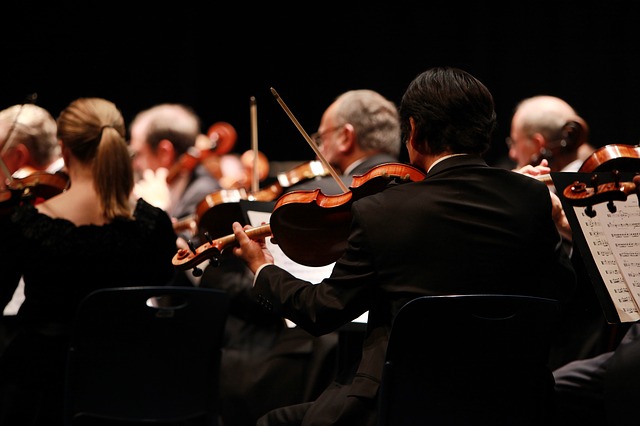An interesting article titled “The Effects of Music Listening During Extraction of the Impacted Mandibular Third Molar on the Autonomic Nervous System and Psychological State” appears in the 2019 edition of the Journal of Oral and Maxillofacial Surgery written by Yamashita et al. In the article the authors explored the effects of listening to music during wisdom teeth removal to see if there was any suppression in sympathetic nervous activity and decrease in anxiety.
In the article the authors discuss how tooth extractions can be stressful for patients and in particular extractions of lower wisdom teeth. The authors devised a study with forty women ages 20 to 40 years old who had a lower wisdom tooth extracted between March 2018 and September 2018 at the Kagoshima University Hospital in Japan all by the same surgeon. The forty women were randomly assigned to either a group that listened to music during wisdom teeth removal or a group that did not listen to music during the surgery. All surgeries were performed at 2 P.M. as the authors wanted to limit the effects of circadian rhythm. During the surgery the heart rate variability of the patients was recorded. Blood pressure was also monitored every two minutes. For the group listening to music during wisdom teeth surgery they were able to enjoy Symphony Number 2 in E minor, Opus 27 by Sergei Rachmaninov. The patients completed Modified Dental Anxiety Scale (MDAS) and the State-Trait Anxiety Inventory (STAI) questionnaires before and after the wisdom teeth extractions. The MDAS questionnaire consisted of five questions regarding dental anxiety including ‘‘If you were about to have a tooth drilled, how would you feel?’’ and patients were asked to give a rating from 1 to 5 with increasing anxiety. The STAI questionnaire consisted of 40 questions regarding the awareness effects of anxiety. Some of the 40 patients changed their treatment plan or did not proceed with the surgery and therefore only 34 patients were included in the analysis with 17 patients in each group.

The authors measured the ratio of low-frequency (LF) component to the high-frequency (HF) component of the heart rate variability as such a ratio indicates sympathetic nervous activity. The authors found an increase in the LF to HF ratio for both the control and music groups during administration of local anesthesia and extraction when compared to a resting state (the patients were asked to rest for 15 minutes prior to starting the surgery). However, LF/HF was much increased during incision, flap reflection, bone removal, and separation of the tooth crown in the control group when compared to the music group. The authors also found the music group had statistically significantly less postoperative STAI State Anxiety scores from the preoperative values than the control group had. The authors state
“The main finding of this study was that sympathetic nervous activity was suppressed during incision and flap reflection, bone removal, and separation of the tooth crown while listening to music and undergoing extraction of the mandibular third molar [lower wisdom tooth].”
The authors choose the music selection by Rachmaninov because the music tempo was approximately 58 beats per minute and it has been found in other studies that music less than 60 beats per minute does not effect the low-frequency and high-frequency components of heart rate variability and therefore the music was not expected to stimulate the sympathetic nervous system. Furthermore, this musical selection is classical music which has been shown in prior studies to decrease patient anxiety in a dental setting. The authors suggest that when bone removal and separation of the tooth crown occur the dental instruments being used generate noise and perhaps the patients listening to music heard less of this noise. The authors also feel their results show that listening to music during wisdom teeth removal can help patients lower their dental anxiety.

1 thought on “Listening to Music During Wisdom Teeth Removal”